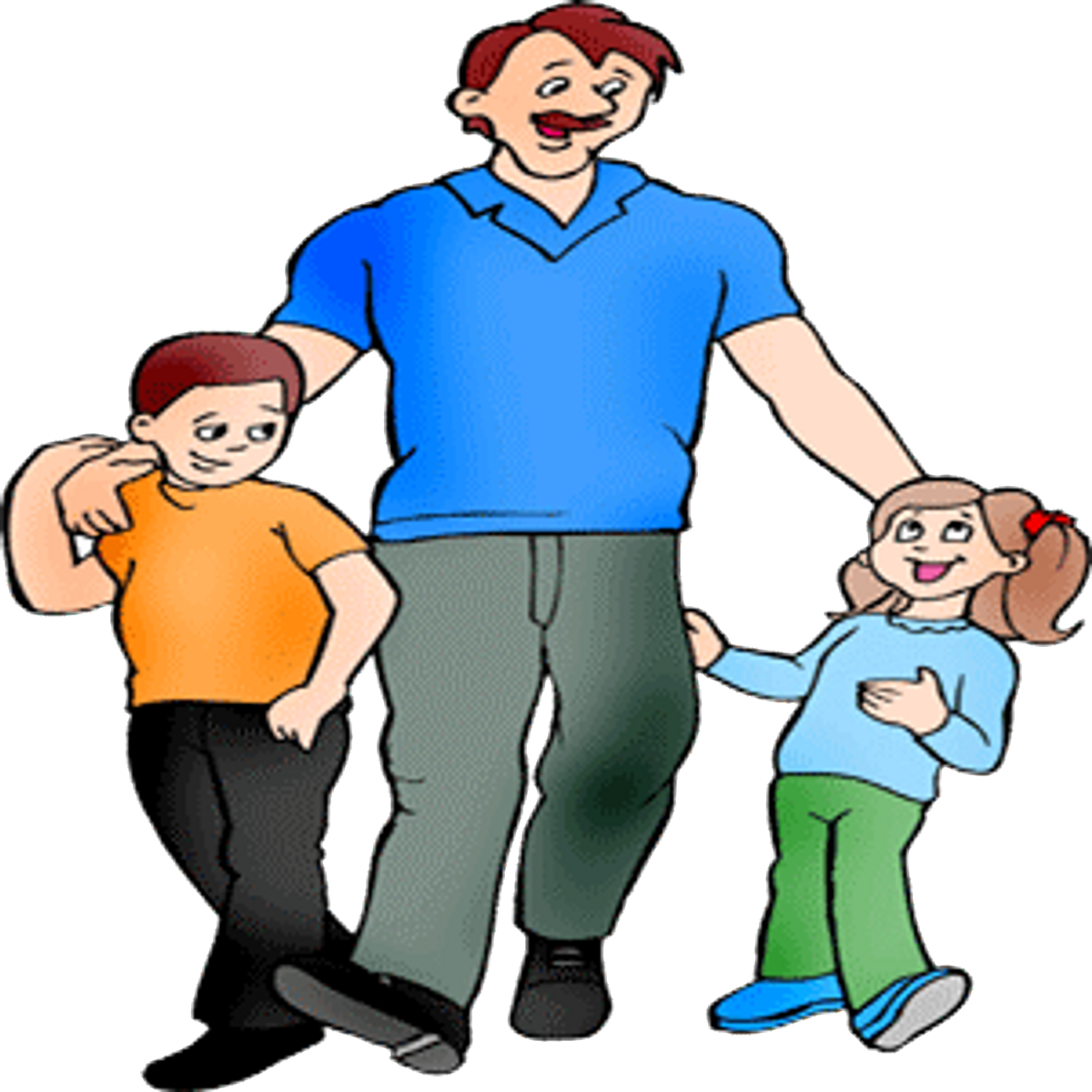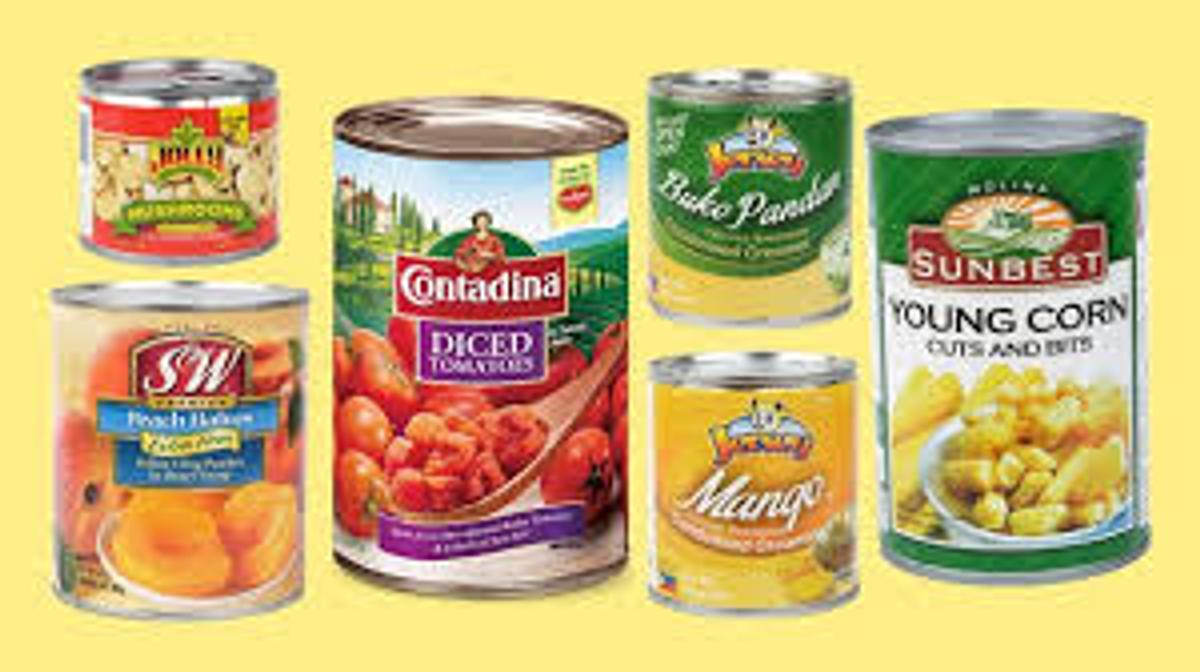Things to know

We the community members of Launching Place Primary School acknowledge the traditional owners, the Kulin nations, of the land on which we learn and play.
We pay respects to the Aboriginal Elders, past and present, who are our teachers.
We thank them for taking care of children and country for countless generations.
School Tours and Prep Enrolments 2024 Prep enrolment
A reminder for all current families with children ready to start Prep next year to please complete an application form .
Any parents wishing to enrol their children in Foundation for 2024 are asked to submit their enrolment form at their earliest convenience. If you have any family or friends who are undecided about their choice of school for their 2024 Foundation students, please encourage them to contact the school office.
Families can book in for the Term Three Transition Program here: https://tinyurl.com/32d5nmby
If you would like more information about our
school or you would like a tour, please don’t hesitate to contact the school office on 59647783.
Production
Once upon a Nursery Crime
As the rehearsal schedule steps up another notch, and we inch closer to the opening night for our production, we wish to advise that all tickets for the Monday night show sales are now exhausted. We have tickets for the matinee and the Tuesday evening still available.
Dad's & Mates Breakfast
Friday 1st September at 7.30am.
Look forward to seeing you all there.
Community Pantry
Launching Place Primary School is setting up a Community Pantry.
The pantry will be located in a room off the foyer and will be here to support our community.
You can either donate goods or take any items that you may need. People can help themselves to a range of products including breakfast staples such as long life milk, cereals, soups, rice dishes and fruit. All families will need to do is bring their own bags.
We ask that you leave the space tidy and be respectful of others.
Please feel free to let other members of the community know that we are here to support them.
Call us on 59647783 or email: launching.place.ps@education.vic.gov.au
Please reach out and let the Wellbeing Team know if you know someone going through a rough time. For any enquiries please email the Wellbeing Team at-
Laura.caddy@education.vic.gov.au
Candice.nyman@education.vic.gov.au
Audrey.watt@education.vic.gov.au
Sonia.dunn@education.vic.gov.au
Chezelle.conroy@education.vic.gov.au
Reading
Reading with children is one of the most enjoyable things a parent, grandparent or carer can do, and as a bonus, it helps their language development.
Reading and storytelling with babies and children promotes brain development, imagination, language and learning.
- Reading and storytelling strengthens relationships.
- Sometimes you can read, other times you can look at picture books, sing songs or tell stories from your culture.
- Babies and young children often enjoy books, songs and stories with good rhyme, rhythm and repetition.
- Anytime is a good time for a book or story! Try to share at least one book or story each day.
Why reading is important for babies and young children
Reading books, sharing stories, talking and singing every day helps your child’s development in many ways.
Reading and storytelling can:
- help your child get to know sounds, words and language, and develop early literacy skills
- introduce your child to the value of books and stories
- spark your child’s imagination and curiosity
- promote your child’s brain development and ability to focus and concentrate
- help your child build social, communication and emotional skills
- help your child learn about the world, their own culture and other cultures.
Reading stories with children has benefits for you too. The special time you spend reading together promotes bonding and builds your relationship with your child.
You can start reading aloud to your baby as early as you like – the earlier the better. Your baby will love being held in your arms, listening to your voice, hearing rhyme and rhythm, and looking at pictures.
When to read, sing and tell stories with children
Bedtime, bath time, potty time, on the train, on the bus, in the car, in the park, in the pram, in the cot, when you’re in the GP’s waiting room ... any time is a good time for a story! You can make books part of your daily routine – take them with you to share and enjoy everywhere.
Knowing when to stop can be just as important as finding the time to share a story in the first place. Pay attention to your child’s reaction to the story, and stop if your child isn’t enjoying it. You can always try a different book, song or story another time.
If you don’t have a book or can’t make up a story on the spot, don’t worry. There are many other ways you and your child can share letters, words and pictures. For example, you can look at:
- packages at home or in the supermarket, especially food packaging
- clothing – what does it say on the t-shirt? What colour is it?
- letters and notes – what do they say? Who sent them?
- signs or posters in shops or on buses and trains – point out signs that have the same letters as your child’s name
- menus – it can be fun for older children to look at menus and work out what they want to eat.
You could check out our storytelling videos. Let storyteller Anne E. Stewart introduce you and your child to ‘Mook Mook the owl’, ‘The crocodile’ and ‘The old lady and the mosquito’.
Tips for sharing books with children
- Make a routine, and try to share at least one book every day. A special space where you and your child go to read – with a box of books and something comfortable to sit on – can help with establishing your routine.
- Turn off the TV or radio, put your phone on silent, and find a quiet place to read so your child can hear your voice.
- Hold your child close or on your knee while you read, so your child can see your face and the book.
- Use gestures, facial expressions, funny voices, noises and so on. This can get your child interested and help them learn the meaning of words. It’s also fun!
- Encourage your child to talk about the pictures and repeat familiar words and phrases.
- Make connections between your child’s life and the book. For example, ‘That little boy is playing in the sand. You did this too, didn’t you?’
- Let your child choose the books when they’re old enough to start asking – and be prepared to read favourite books over and over again!
If you have older children, they can share books with your younger children, or you can all read together. Taking turns, asking questions and listening to the answers are all important skills that will help children when they start learning how to read.
Just reading for a few minutes at a time is good – you don’t always have to finish the book. As children grow, they can usually listen for longer.




